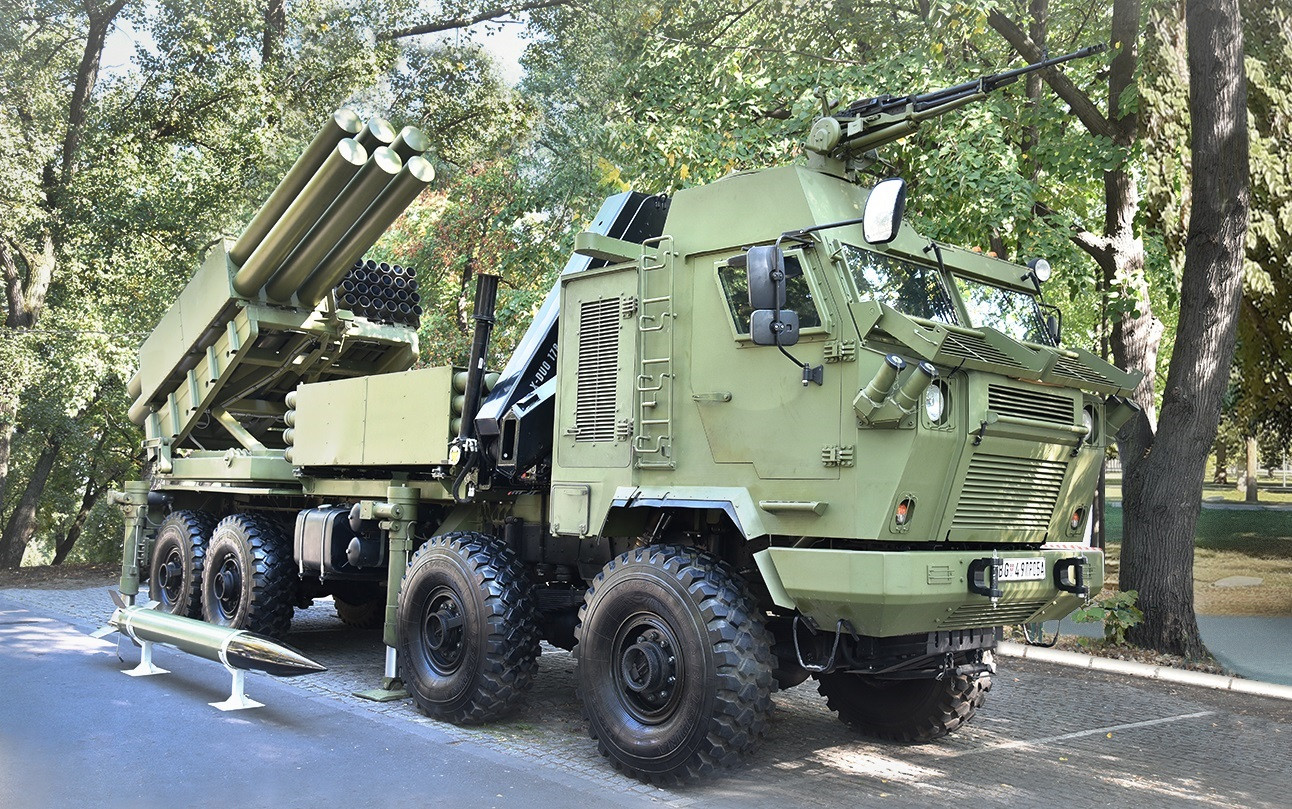Serbia has become the latest customer of the Israeli missile system PULS. Interestingly, this order was placed back when Israel announced in November 2024 that an unnamed country in Europe had acquired PULS along with reconnaissance drones Hermes 900 as part of a $335 million contract. The ordered multiple launch rocket systems (MLRS) and UAVs are expected to be delivered within 3.5 years.
In this context, the question arises as to how exactly Israel managed to "win over" Serbia, which has now become a new customer for these missile systems that are literally "on the heels" of the HIMARS system in terms of new orders.
According to this publication from the French portal Opex360, there are various aspects between Serbia and Israel, the sum of which makes this story about the order of PULS systems along with reconnaissance drones for the Serbian armed forces intriguing.
To begin with, Israel established diplomatic relations with the Republic of Kosovo in 2021, the existence of which is still not recognized by Serbia itself. One can only imagine the impact this step by Israel had on the military-political leadership of Serbia at that time.
Moreover, it is surprising that Serbia has chosen to import significant weapon systems despite primarily relying on its own defense industry.
For instance, back in 2019, the Serbian defense industry publicly presented the dual-caliber multiple launch rocket system LRSVM Tamnava for the first time, which has a firing range of up to 70 kilometers when using 262 mm rockets and up to 40 kilometers when firing 122 mm rockets. However, as of now, there have been no reports indicating that the Serbian armed forces have ordered any quantity of LRSVM Tamnava systems.

In this context, it can certainly be argued that the Israeli PULS rocket system possesses significantly more powerful characteristics, especially when compared to the aforementioned Serbian development. For example, it is known that PULS can utilize a range of munitions: 122 mm Accular rockets with a range of up to 35 kilometers and their 160 mm variant with a range of up to 40 kilometers; guided Extra missiles with a range of up to 150 kilometers and Predator Hawk missiles with a firing range of up to 300 kilometers.
However, the question remains open as to what specific types of munitions Israel will supply to Serbia under the PULS systems and whether there are any restrictions on using this rocket system against NATO countries (including Croatia).
This once again raises the question of how Israel managed to "win over" Serbia to proceed with the acquisition of PULS systems.